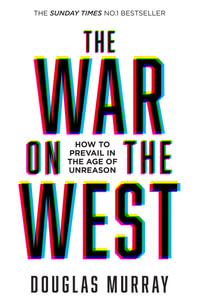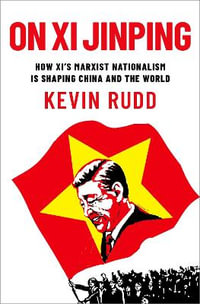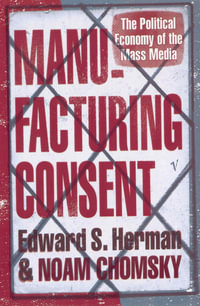'Placing violence against women on the global human rights agenda is one of the most impressive successes of the international women's rights movement. By 2015, the overwhelming majority of countries in Central and Eastern Europe that are also currently members of the European Union had adopted laws addressing domestic violence. Yet despite their common origins in state socialism and their exit from it, the authors and editors of this book skillfully show that, twenty-five years after the collapse of the Berlin wall, domestic violence policy in these countries is characterized by major differences. Using interpretive policy analysis, they find the reasons for these differences and their implications for women's rights in the domestic politics of these countries. In doing so, they make a substantial contribution to the literatures on human rights, on violence against women, on gender and politics, and on transitions to democracy.' - Sidney Tarrow, author of Power in Movement (2011)
'Born of critical frame analysis as one of the heirs of the EU-funded multinational QUING project and nourished with extensive interviews with policy actors and movement activists, this comparative project on Central and East Europe (CEE) matured into a strong book on feminist social action and democratic change. One need not be a scholar of CEE politics to benefit from Krizsan and Roggeband's searching analysis of why and how such superficially similar states moved in different directions and how feminist efforts to influence policy in any human rights regime can be ignored, coopted or even sometimes effective. The authors demonstrate that effectiveness is not measured in the number of laws or programs but whether the essential gender connection is drawn to prevent abuse and protect women.' - Myra Marx Ferree, Alice H. Cook Professor of Sociology, University of Wisconsin-Madison
'Placing violence against women on the global human rights agenda is one of the most impressive successes of the international women's rights movement. By 2015, the overwhelming majority of countries in Central and Eastern Europe that are also currently members of the European Union had adopted laws addressing domestic violence. Yet despite their common origins in state socialism and their exit from it, the authors of this book skillfully show that, twenty-five years after the collapse of the Berlin wall, domestic violence policy in these countries is characterized by major differences. Using interpretive policy analysis, they find the reasons for these differences and their implications for women's rights in the domestic politics of these countries. In doing so, they make a substantial contribution to the literatures on human rights, on violence against women, on gender and politics, and on transitions to democracy.' - Sidney Tarrow, author of Power in Movement (2011)
'Born of critical frame analysis as one of the heirs of the EU-funded multinational QUING project and nourished with extensive interviews with policy actors and movement activists, this comparative project on Central and East Europe (CEE) matured into a strong book on feminist social action and democratic change. One need not be a scholar of CEE politics to benefit from Krizsan and Roggeband's searching analysis of why and how such superficially similar states moved in different directions and how feminist efforts to influence policy in any human rights regime can be ignored, coopted or even sometimes effective. The authors demonstrate that effectiveness is not measured in the number of laws or programs but whether the essential gender connection is drawn to prevent abuse and protect women.' - Myra Marx Ferree, Alice H. Cook Professor of Sociology, University of Wisconsin-Madison
























